24 Practical Water Conservation Tips for Your Homestead
Save water and reduce waste with these 24 simple water conservation tips for your homestead. Practical, effective, and easy to follow!
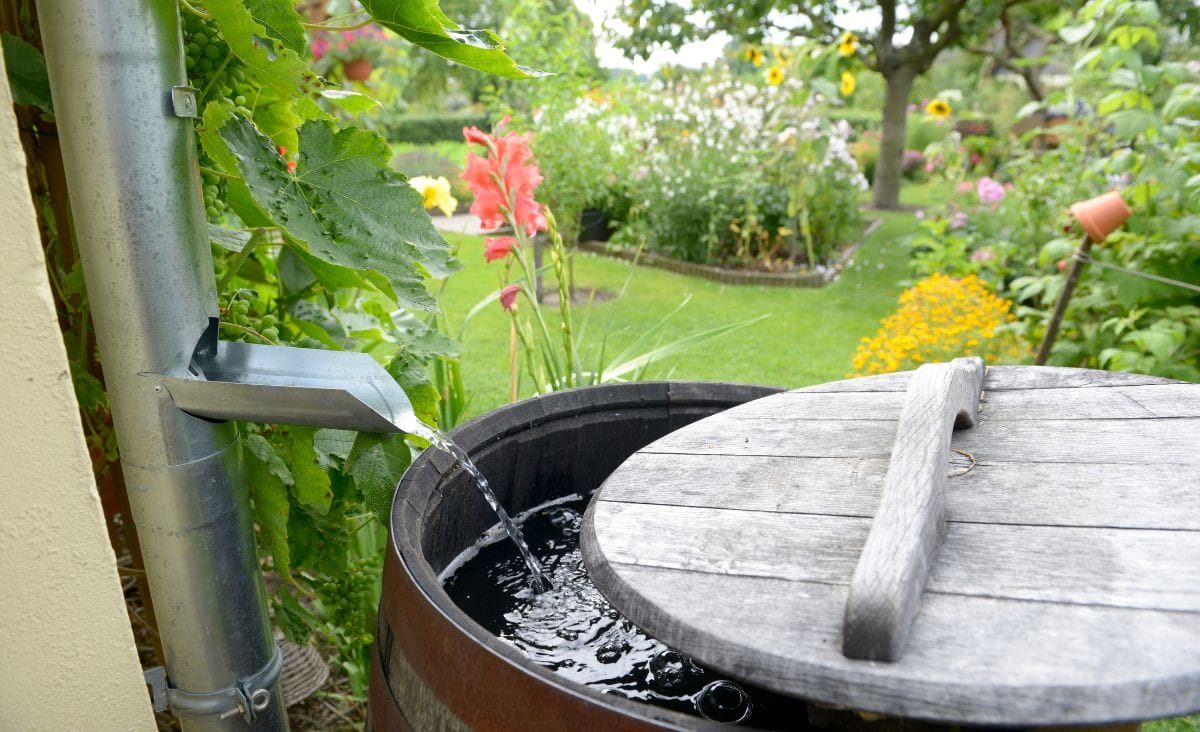
Water is one of the most essential resources we rely on daily, but it’s easy to take for granted. With increasing demand and limited supply, conserving water isn’t just about saving money—it’s about protecting our planet and ensuring a sustainable future for generations to come.
In this guide, you’ll find 24 actionable tips to conserve water on your homestead, from creative reuse ideas to upgrades that save gallons. Whether you’re watering your garden, maintaining hygiene, or running household chores, these strategies will help you save water without sacrificing efficiency or comfort.
Water Saving Tips for Plants & Gardens
Gardening is often a highlight of homestead life, but it can also be one of the biggest water consumers. With a little planning and creativity, you can grow a thriving garden while conserving water.
- Use nutrient-rich water from cleaning fish tanks to hydrate non-edible plants.
- Wash fruits and vegetables in a basin instead of running water, then reuse the water on houseplants.
- Place a bucket in the shower to catch water while waiting for it to heat up—perfect for garden use.
- Drain pasta water into a large pot, let it cool, and use it to water plants.
- Install a rain barrel to harvest water from gutters. A single inch of rain on a 500-square-foot roof can yield 300 gallons!
Pro Tip: Mulching your garden beds helps retain moisture, reducing the need for frequent watering.
Hygiene Tips for Water Saving
Daily hygiene routines often waste significant amounts of water. These tips can help you stay clean without being wasteful:
- Keep showers under 5 minutes to save up to 1,000 gallons per month.
- Try a military shower: turn off the water while soaping up, then rinse quickly.
- Plug the bathtub before adjusting the water temperature, or skip baths altogether in favor of quick showers.
- Turn off the water while brushing your teeth, shaving, or lathering your hands.
- Use towels multiple times before washing them to reduce laundry frequency.
- Don’t flush trash—every flush can use up to 5 gallons of water. Toss items like tissues into the trash instead.
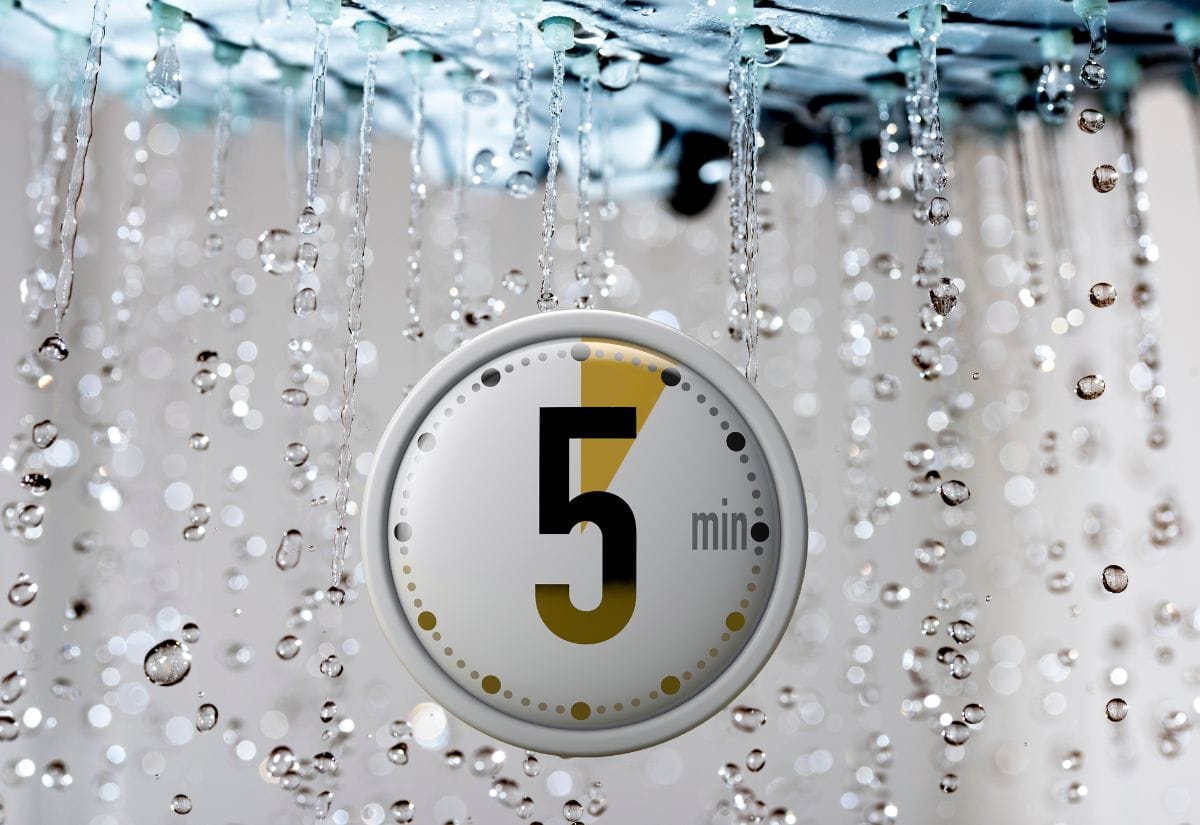
Pro Tip: Install a low-flow showerhead to make water savings even easier without sacrificing comfort.
Kitchen & Laundry Water Conservation
The kitchen and laundry room can be surprising sources of water waste. Small changes in habits can make a big impact:
- Use fewer dishes to reduce the need for washing.
- Reuse lightly used items like measuring cups or sandwich plates without rinsing.
- Soak dishes with stubborn food residue instead of scrubbing under running water.
- Fill one sink basin with wash water and the other with rinse water when handwashing dishes.
- Use a dishwasher for full loads—it’s often more efficient than washing by hand.
- Compost food scraps instead of running the garbage disposal.
- Skip the extra rinse cycle in your washing machine unless absolutely necessary.
- Always run full loads in both the washing machine and dishwasher to maximize efficiency.
Reducing Water Usage in Lawn Care
If you have a lawn, you know it can guzzle water. Here’s how to keep your grass green while conserving resources:
- Aerate your lawn so water can reach the roots instead of running off the surface.
- Mow your grass to a height of 1.5–2 inches to provide shade and retain soil moisture.
- Leave lawn clippings where they fall to act as a natural mulch.
- Water dry spots manually rather than extending sprinkler cycles.
Alternative: Replace your lawn with xeriscaping or native plants for a low-maintenance, water-efficient yard.
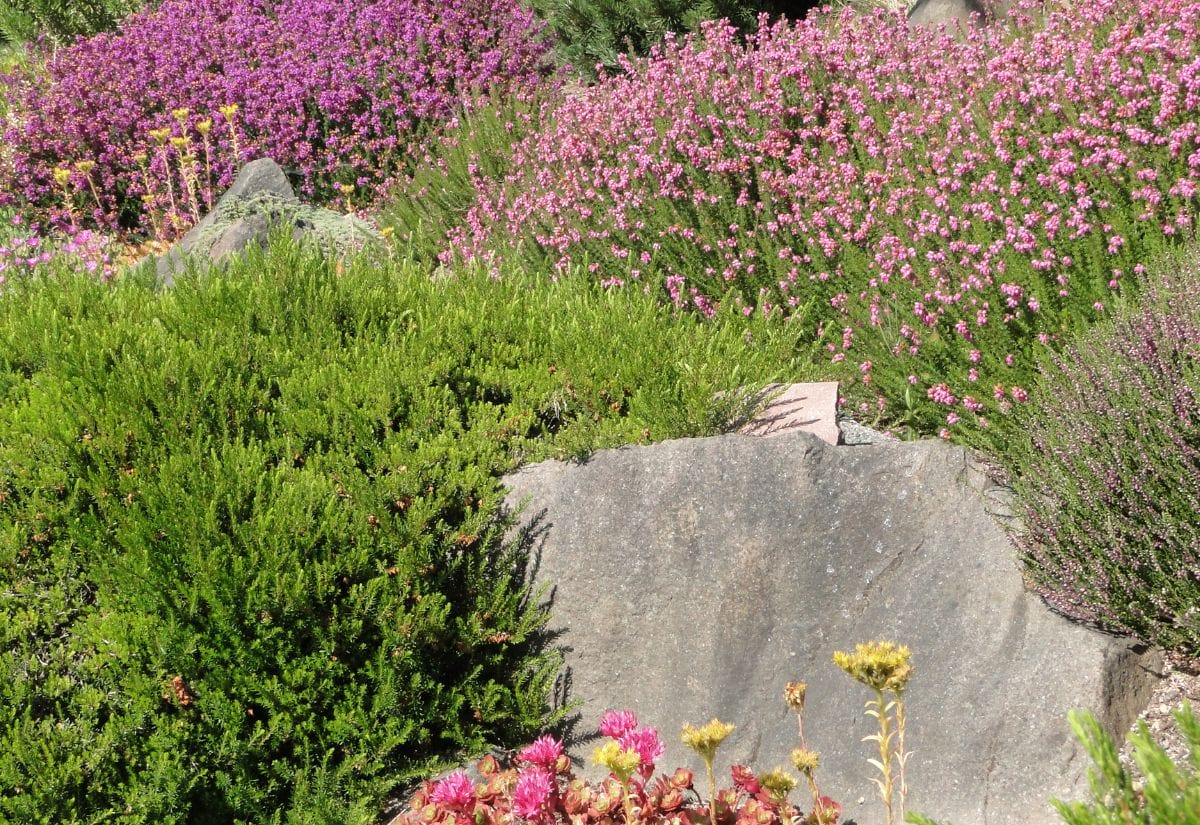
Irrigation Tips & Tricks
Farming and larger gardens require careful irrigation to save water without compromising plant health:
- Use a timer with a rain sensor on irrigation systems to avoid watering during or after rain.
- Install drip irrigation systems to deliver water directly to plant roots, minimizing waste.
- Inspect sprinklers and irrigation lines regularly for leaks or misaligned sprays.
- Water early in the morning or late in the evening to reduce evaporation.
Upgrade for Water Conservation
Investing in water-efficient appliances and fixtures can yield significant savings:
- Install faucet aerators to reduce water flow without affecting pressure.
- Upgrade to low-flow toilets and showerheads.
- Choose energy-efficient dishwashers and washing machines when replacing old appliances.
- Regularly check for leaks in faucets, pipes, and fixtures—a single drip per second can waste 3,000 gallons a year.
When I installed a low-flow toilet in my home, I noticed an immediate reduction in my water bill. It was a small change that made a big difference!
Common Questions About Water Conservation on the Homestead
My Best Tip for Water Conservation
One of the most impactful changes I made on my homestead was installing a rain barrel system. Not only does it reduce our reliance on municipal water, but it provides naturally soft water for our garden and outdoor cleaning tasks. If you’re not ready for a rain barrel, even small changes like collecting water in a bucket while waiting for the shower to heat can save gallons every day.
Save water and protect resources—Pin this guide for later!
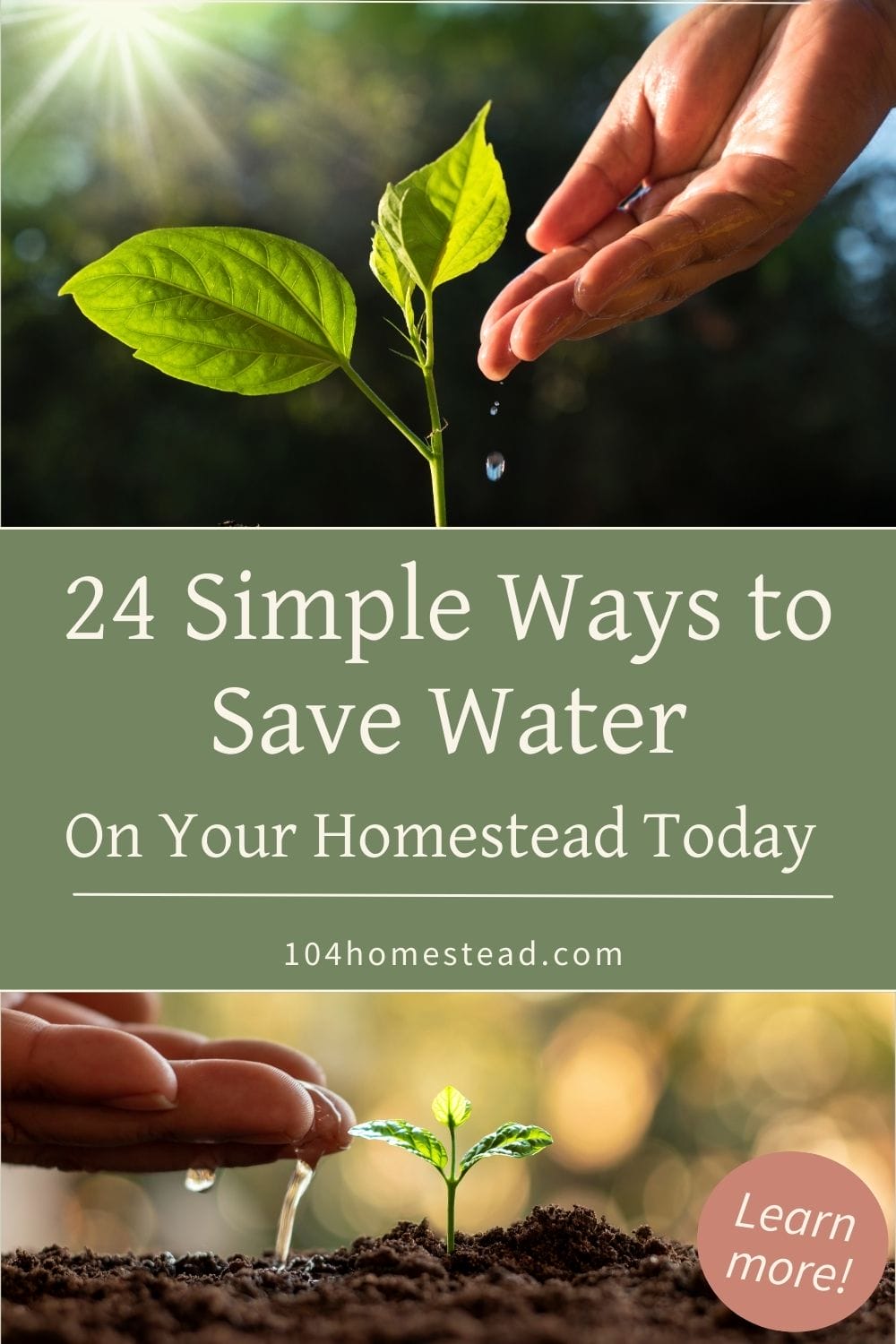
From reusing pasta water to upgrading to efficient appliances, conserving water on your homestead doesn’t have to be complicated. Every small change adds up, helping you save money, protect the environment, and ensure your homestead thrives.
If you’re looking for more ways to create a sustainable and balanced homestead, there are plenty of resources to explore. From harnessing solar power to reduce your reliance on traditional energy sources, to designing an eco-friendly yard and garden that conserves water and nurtures local wildlife, every step makes a difference. And don’t forget the importance of balance in your homesteading journey—taking care of yourself is just as important as caring for your land and resources. These tips will help you create a thriving, sustainable lifestyle.
What’s your favorite way to save water on the homestead? Share your tips and ideas in the comments below—I’d love to hear from you!
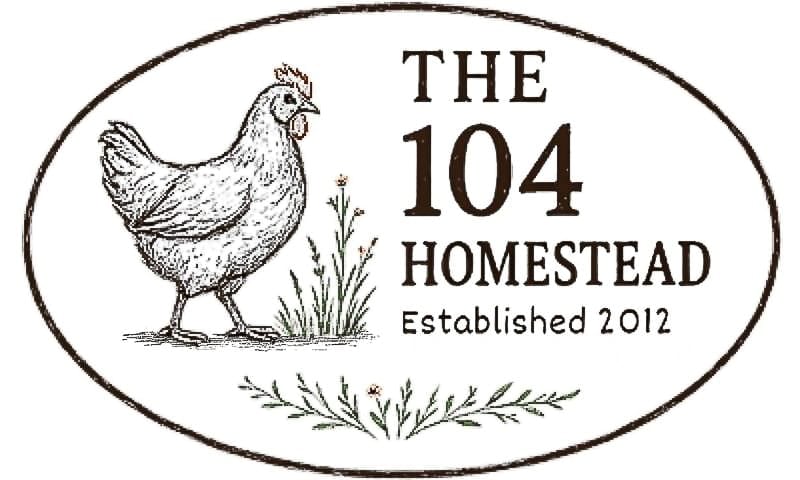




I save the water from the canner after I’m done preserving. Let it cool and use to water plants.
Hi, Myself Sheela, I have gone through of all information about how to conserve the water in various places. So nice information have you provided. I also use much water saving methods like water saving shower head, water saving tap aerators, tap aerators for kitchen, bathrooms, garden, toilets.
Hi, nice information about how to conserve the water. Very simple things have you noted above, people have wasted water for more hygiene in daily. Simple things, but too good for conserving the water. I can share information to reduce the water flow. Buy water saver adapters, water saving taps, water saving showers. Use these water saving methodswater saving methods for reducing the water flow in the home. We can save the liters of water per year.